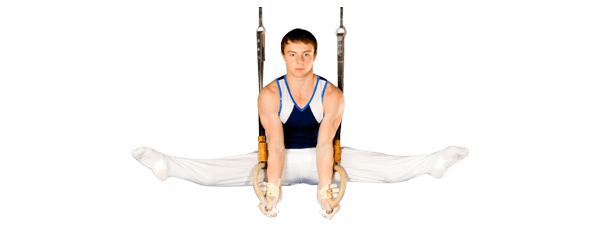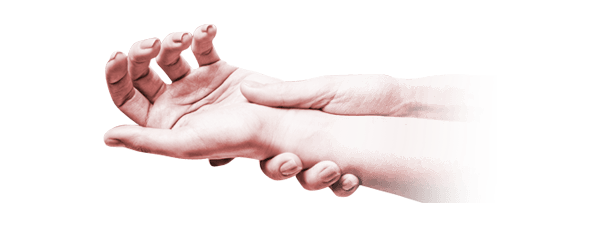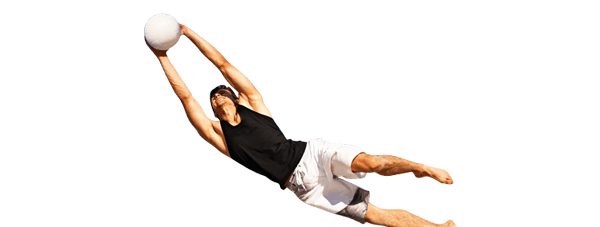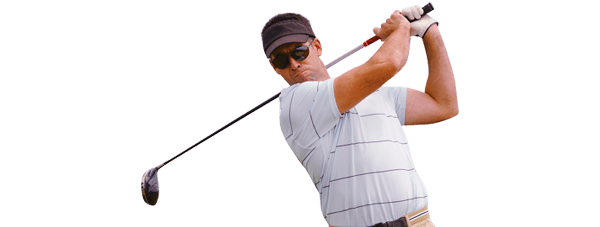News
News
What causes finger joint pain, and how to remedy it
Source: Medical News Today
Finger joint pain can affect a person’s everyday activities and may have several different causes. Some people experience finger joint pain that worsens when they move or press on the finger. Others may have persistent finger joint pain that does not improve with rest or over-the-counter (OTC) treatment.
Causes and Treatment of Wrist Pain
Source: Verywell Health
Wrist pain can come from injuries like sprains, tendonitis, and fracture. It can also come from conditions such as arthritis and carpal tunnel syndrome.
Ulnar Neuropathy of the Wrist and Elbow
Source: Verywell Health
Impingement of the ulnar nerve causes a radiating pain or numbness in the pinky finger, ring finger, and edge of the hand this is called ulnar neuropathy, which can be caused by two different conditions known as cubital tunnel syndrome and ulnar tunnel syndrome.
Wrist Tendonitis Signs, Causes, and Treatments
Source: Verywell Health
Wrist tendonitis is a common condition. It involves irritation and inflammation of a tendon at the wrist joint.Wrist tendonitis often occurs where tendons cross each other or pass over a bony area. These are possible sites of irritation. They can lead to pain when you move the wrist.
Causes and Treatments for Stiff Fingers
Source: Medical News Today
Stiff fingers can be cumbersome, and arthritis or minor injuries are common causes. In some cases, health issues involving the bones, connective tissues, or muscles in the hand are responsible.
Advice From A Certified Hand Therapist: Healing And Early Outcomes Complicated By COVID-19
Source: Handcare (ASSH)
You may be surprised to know that it is typical for a patient to be seen for their first therapy visit three to five days after surgery. Here are some key points to remember if you or a loved one is receiving surgery or recently injured the upper extremity:
Why does RA often occur in the joints of the hands?
Source: Medical News Today
In people with rheumatoid arthritis (RA), the immune system attacks healthy tissues in the lining of the joints. It often affects the hands, wrists, and feet. Over time, these joints can become stiff and deformed. Here’s why RA often affects these areas, along with treatments that may help prevent and treat pain.
Carpal tunnel syndrome is not just an office workers' condition
Source: Medical Xpress
Researchers at Henry Ford Health System have found that workers in construction and other manufacturing jobs are more susceptible for developing carpal tunnel syndrome than those who work in office jobs.
Golfer’s Elbow exercises: What is Golfer’s Elbow and how do you treat it?
Source: Forbes Talk
Golfer’s Elbow, like Tennis Elbow, is a condition that causes pain in your elbow. However, Golfer’s Elbow is where the tendons of your forearm muscles attach to the bony bump on the inside of your elbow and the pain might spread into your forearm and wrist.
Overuse can contribute to high rate of arm injuries among youth players
Source: News Medical Life Sciences
With spring baseball season underway, Eric Makhni, M.D., a Henry Ford Health System sports medicine orthopedic surgeon, warns about how overuse can contribute to the high rate of arm injuries among youth players.


























